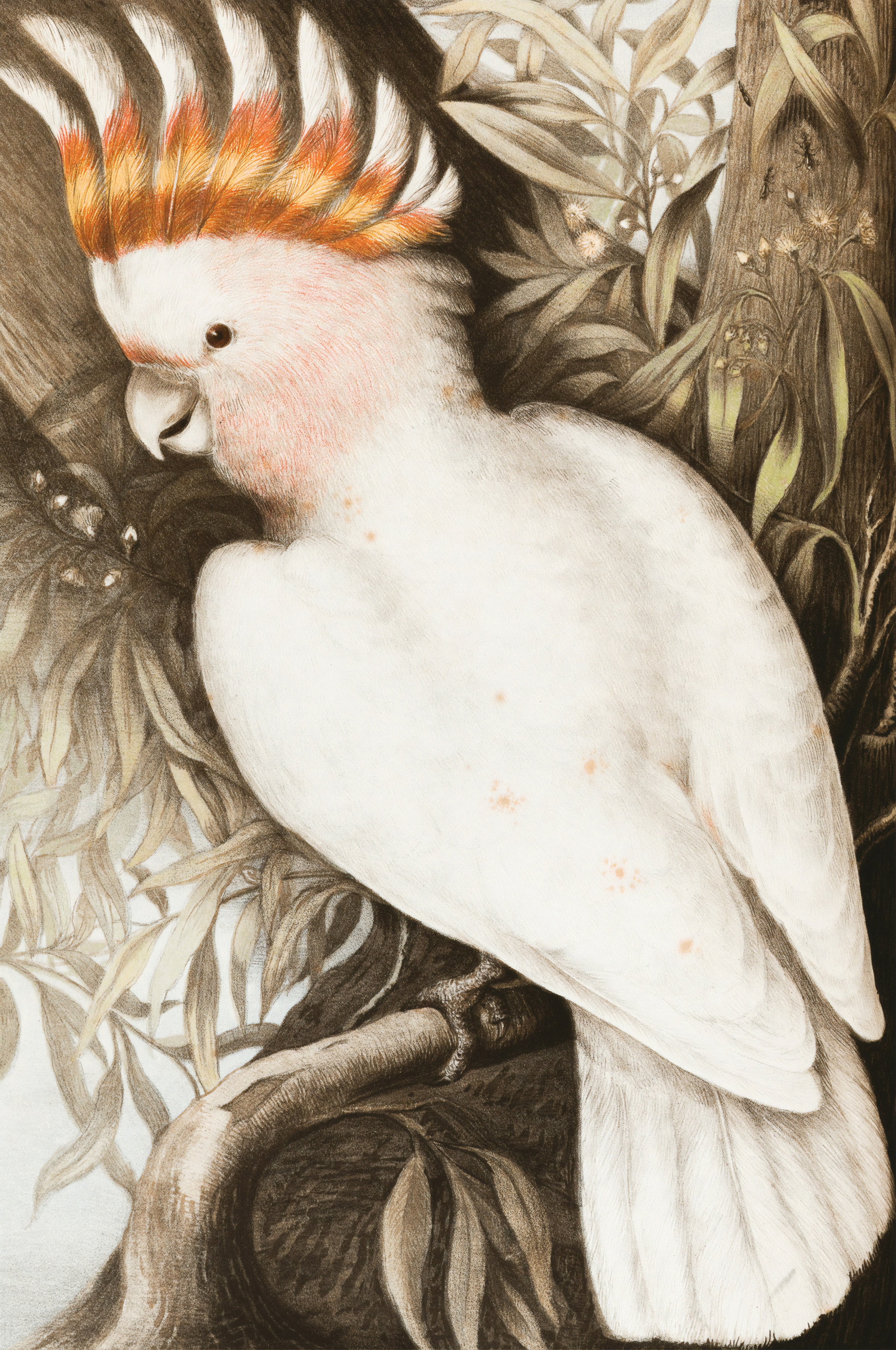Decolonising Categories: Learning from “Water” by Ellen van Neerven
Keywords:
Ellen van Neerven, futurism, bildungsroman, decolonial fictionAbstract
This essay offers a study of Yugambeh writer Ellen van Neerven’s short story “Water”. It will look at its creative use of a group of futuristic characters, who turn out to be Indigenous ancestral spirits. How do their long-debated identity question all sorts of categories, making them appear as socially-constructed and highlighting their material effects? Traits pertaining to the bildungsroman will be elucidated through an analysis of the main character whose quest for her Aboriginal identity finds an auxiliary in the spirits’ leader and an opponent in a representative of the government. The story unfolds as a political one of becoming-as-resistant against the latest form of segregation conducted in the name of national reconciliation. Drawing on the past, reflecting the present and imagining the future, at the intersection of Western and Indigenous worldviews, it challenges the literary genres and definitions of the real and the fiction. In its imagination of Indigenous futures, navigating between epistemologies, it may be called a work of Murri realism which draws a set of parallels to reflect on current postcolonising conditions.
References
Brewster, Anne. ‘Brokering Cross-Racial Feminism: Reading Indigenous Australian Poet Lisa Bellear’. Feminist Theory, vol. 8, no. 2, Aug. 2007, pp. 209–21. SAGE Journals, doi:10.1177/1464700107078143.
Brewster, Anne. ‘Engaging the Public Intimacy of Whiteness: The Indigenous Protest Poetry of Romaine Moreton’. Journal of the Association for the Study of Australian Literature, vol. Special Issue 2008: The Colonial Present, May 2008, pp. 56–76.
Brewster, Anne. Reading Aboriginal Women’s Life Stories. Sydney University Press, 2016.
Griffiths, Michael R. The Distribution of Settlement : Appropriation and Refusal in Australian Literature and Culture. Crawley, Western Australia : UWAP Publishing, 2018.
Guillaumin, Colette. L’idéologie raciste : genèse et langage actuel. Gallimard, 2002.
Guillaumin, Colette. ‘Race et Nature. Système Des Marques, Idée de Groupe Naturel et Rapports Sociaux’. Sexe, Race et Pratique Du Pouvoir. L’idée de Nature, iXe, 2016.
Heiss, Anita. ‘Black Poetics’. Meanjin, vol. Vol. 65, no. 1, 2006, pp. 180–91.
hooks, bell. De la marge au centre : théorie féministe. Translated by Noomi B. Grüsig, Cambourakis, 2017.
Le Roux, Géraldine. ‘Regards d’artistes sur les processus de patrimonialisation et de commercialisation de la culture aborigène’. Journal de la Société des Océanistes, no. 134, 134, Société des Océanistes, June 2012, pp. 85–94. journals.openedition.org, doi:10.4000/jso.6601.
Leane, Jeanine. ‘Historyless People’. Long History, Deep Time, edited by Ann Margaret McGrath and Mary Anne Jebb, Acton, ACT : ANU Press, 2015. press-files.anu.edu.au, http://press-files.anu.edu.au/downloads/press/p319821/html/ch09.xhtml#footnote-401-backlink.
Moreton-Robinson, Aileen. ‘Bodies That Matter on the Beach’. The White Possessive, University of Minnesota Press, 2015, pp. 33–46.
Moreton-Robinson, Aileen. ‘I Still Call Australia Home: Indigenous Belonging and Place in a White Postcolonising Society’. The White Possessive : Property, Power, and Indigenous Sovereignty, University of Minnesota Press, 2015, pp. 3–18.
Moreton-Robinson, Aileen. Talkin’ up to the White Woman : Aboriginal Women and Feminism. University of Queensland Press, 2000. Trove, https://trove.nla.gov.au/work/16122338.
Muecke, Stephen. ‘Where Are the Aboriginal Intellectuals? Ideas of Aboriginality and Aboriginal Identity’. Australian Book Review, no. 148, 1993, pp. 25–29.
Neerven, Ellen van. Heat and Light. St Lucia, Queensland : University of Queensland Press, 2014.
Ravenscroft, Alison. ‘Dreaming of Others: Carpentaria and Its Critics’. Cultural Studies Review, vol. 16, no. 2, Sept. 2010, pp. 194–224.
Stoler, Ann Laura. La chair de l’empire: savoirs intimes et pouvoirs raciaux en régime colonial. Translated by Sébastien Roux and Massimo Prearo, la Découverte : Institut Émilie du Châtelet, 2013.
Downloads
Published
Issue
Section
License
The copyright for articles in this journal is retained by the author(s), with first publication rights granted to the journal. By virtue of their appearance in this open access journal, articles are free to use with proper attribution in educational and other non-commercial sectors.Attribution-NonCommercial-ShareAlike 2.1 Australia
This work is licensed under the Creative Commons Attribution-NonCommercial-ShareAlike 2.1 Australia License. To view a copy of this license, visit http://creativecommons.org/licenses/by-nc-sa/2.1/au/ or send a letter to Creative Commons, 543 Howard Street, 5th Floor, San Francisco, California, 94105, USA.

